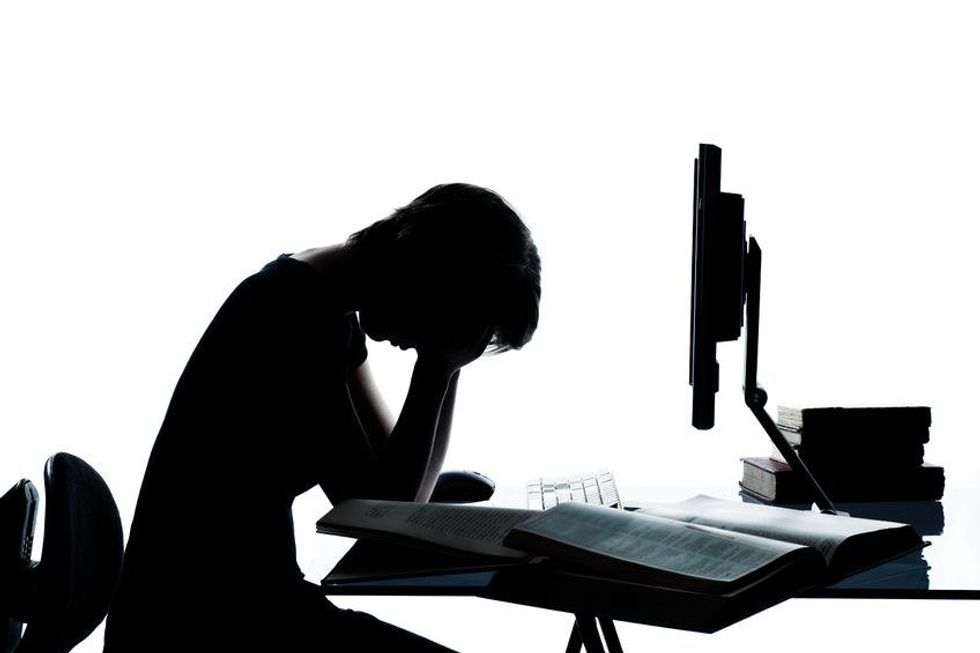These days, it’s undeniable the competition to be in college is fierce. There are more students in college today than ever before in history. The expectation to get a degree is forced upon people by companies, parents, and the student themselves. Not that getting a degree is bad; in fact, it’s very good, but how is the balance made between doing well in school and our mental well-being or physical health?
This last term, I took on the challenge of 19 credits while being a part of a sorority and having family back home I was always visiting. When you have so many credits, balancing school becomes your life. You’re constantly checking up on new assignments you might have, or needing to write down what the next week will bring so you can plan your social life accordingly.
I love to work out, but, because of school, it became impossible to find time between when I was in school and when I was doing homework for school. Which was unfortunate, because in a lot of ways, working out would have helped the stress I was feeling every day.
A lot of people don’t realize the physical effect stress can have on your body. Noted psychological counselor Martin V Cohen, Ph.D., refers to stress as the ‘silent killer.' And while he agrees with most people that “a life without challenge or even a modicum of ‘character-building hardship' would be dull and monotonous, studies have shown that too much challenge, hardship, or change cause an increase in the risk of illness."
Many people are dealing with a lot more than 19 credits, though. There are people in the university who go to school and have jobs as well, while others have family issues at home. Whether being forced into their situation by financial reasons or choosing to take a bunch or credits to “get school out of the way,” sometimes you have to wonder, “is it worth it?" Is not sleeping day in and day out worth an A+ in that Biology class? Is not eating because it “takes up too much time” worth getting praise from your teacher? How can you possibly feel proud or accomplished when you barely even feel healthy?
This is by no means a suggestion to drop school, or even to not try anymore in class. More so, this is advice to know your limits. Understand where determination and hard work meets insanity and obsessive tendencies. Know when your breaking point is less than someone else’s and accept it, not as weakness, but as a little “note to self.” Knowing how much you can handle and manage on a day-to-day basis is part of having a happy and healthy lifestyle.
(Cohen, Martin V. "Stress: The Silent Killer - an Article by Martin V. Cohen, Ph.D." Stress: The Silent Killer - an Article by Martin V. Cohen, Ph.D.Psychological Counseling Corporation, 2000. Web. 17 Apr. 2016.)





















